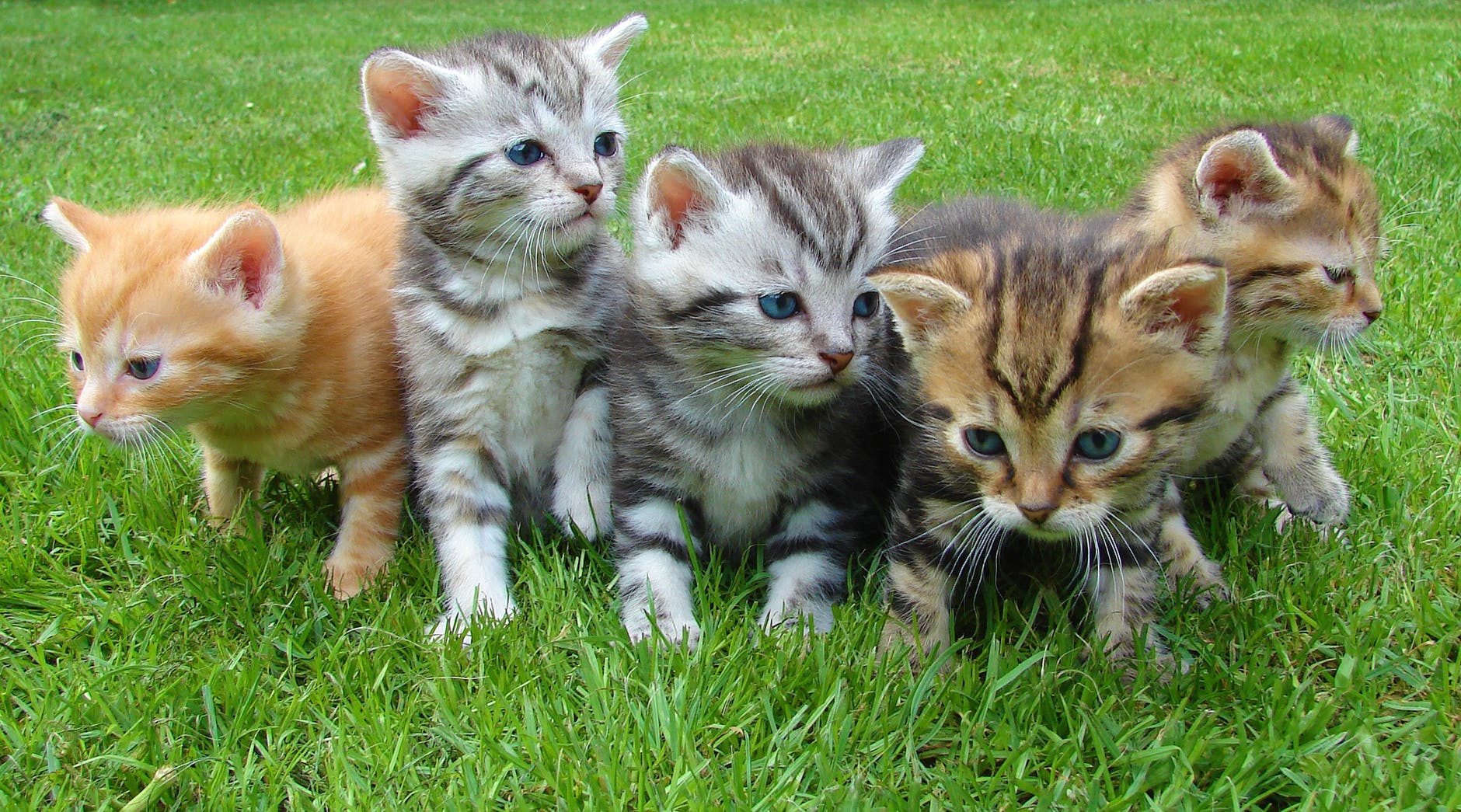Whether you are thinking about adopting a kitten or you have already, it is crucial to know the potential health concerns that kittens are prone to. In addition, you must also know what symptoms and signs to look out for to know when to act. Kittens are adorable pets, although, as with all pets, you must prioritize their health and wellbeing.
Kittens require monthly vaccinations until they reach six months of age, and these vaccinations will help ward off various viral infections and fatal health issues. So, be sure to take your kitten to Paoli Vet animal hospital to keep up to date with essential vaccinations, deworming, and general health checks. With that said, these are the most common kitten health concerns and how to identify them.
Upper Respiratory Infection
Sneezing is the most blatant sign of an upper respiratory infection in a young kitten; however, kittens and cats of all ages tend to sneeze from time to time. The tell-tale sign is frequent sneezing. In addition, signs of a more severe infection include a gloopy yellow discharge from the eyes and a notably runny nose. Upper respiratory infections in felines are often referred to as kitten killers, and these infections include feline herpes virus and calicivirus infections, which are usually pretty serious. However, if the symptoms are managed in time, your kitten has a good chance of survival.
Intestinal Worms
Intestinal worms are a concern for both puppies and kittens, and they are widespread as well. The best course of action is ensuring your kitten is dewormed every six months. However, if you are not deworming your kitten, the signs of intestinal worms include diarrhea, bloody stools, significant weight loss, and failure to thrive. The results can be devastating if left for long enough. However, the simple treatment of deworming can be done effectively at home to treat and prevent intestinal worms.
Fleas
Fleas are often found in kittens and puppies that come from unclean environments. And because fleas can spread in your home, it is pretty essential to sort the problem out before your whole family is itching from fleas. They are pretty easy to spot as well, as you can pick up a flea infestation simply by grooming your kitten. The best treatment is a flea shampoo, regular grooming, and a flea collar to ward off fleas in the future.
Ear Mites
Ear mites infest cats and kittens the same way fleas do, and the issue can cause your kitten a lot of unpleasantries. If left for too long, hearing damage is a potential concern. Ear mites can be spotted as a crumbly white product breeding within your kittens’ ears. This product is digested blood that the mites have consumed from your kitten. Because ear mites bite and crawl in your kittens’ ears, the tell-tale signs are also frequent ear scratching and head shaking. Liquid ear drops from a vet are required to clear ear mites, and with the right drops, the mites should clear up within about two weeks of treatment.

